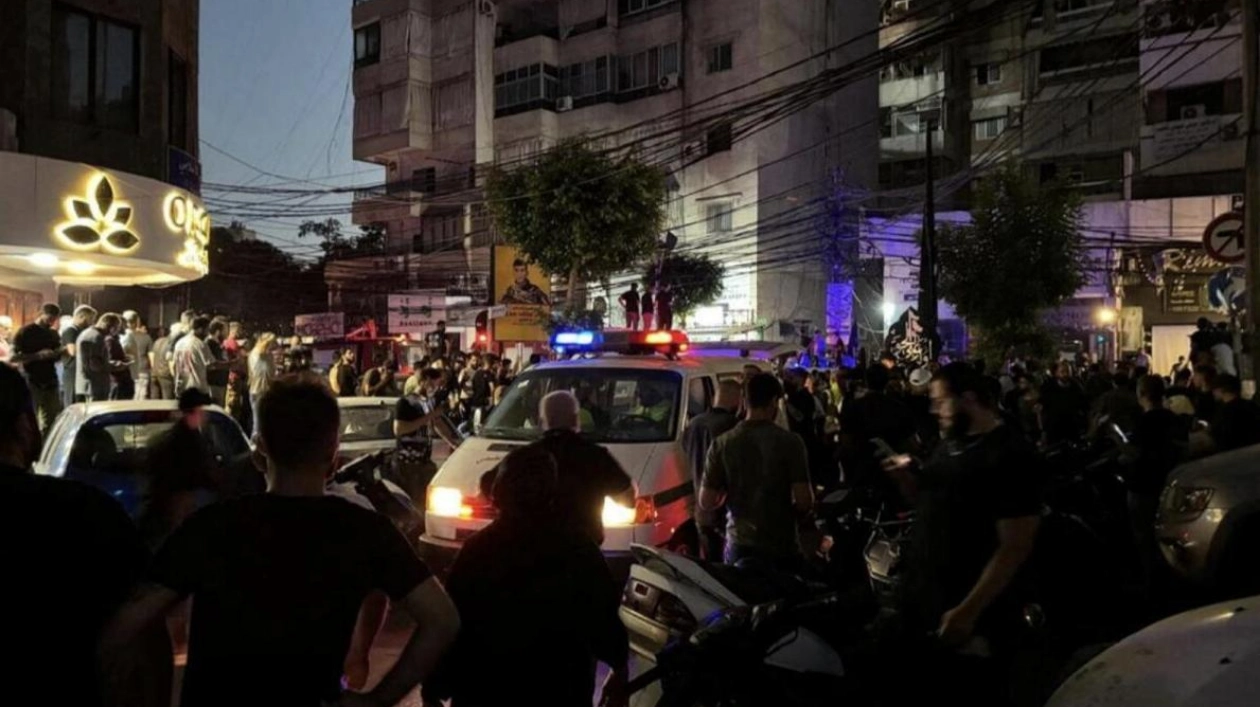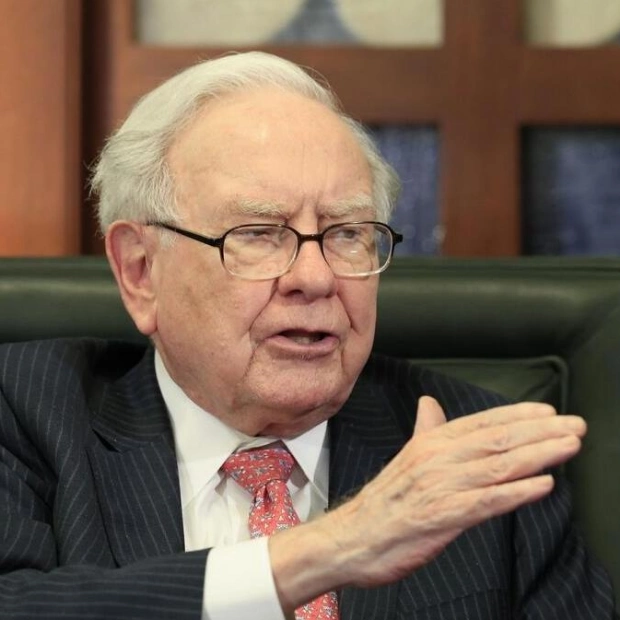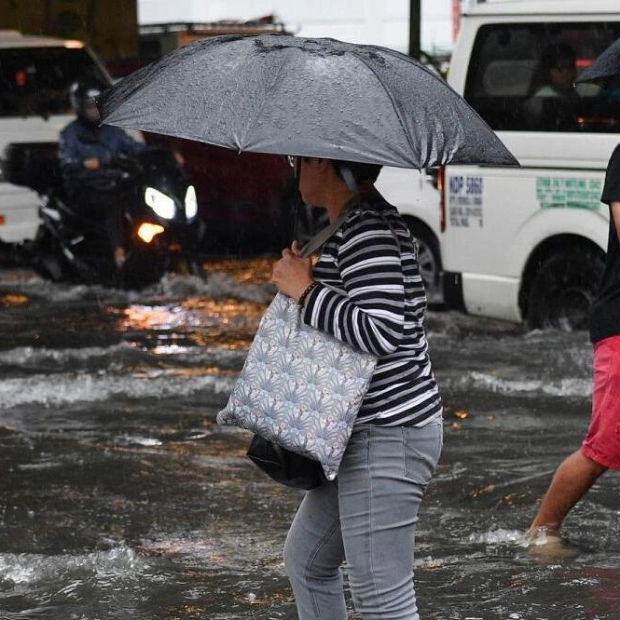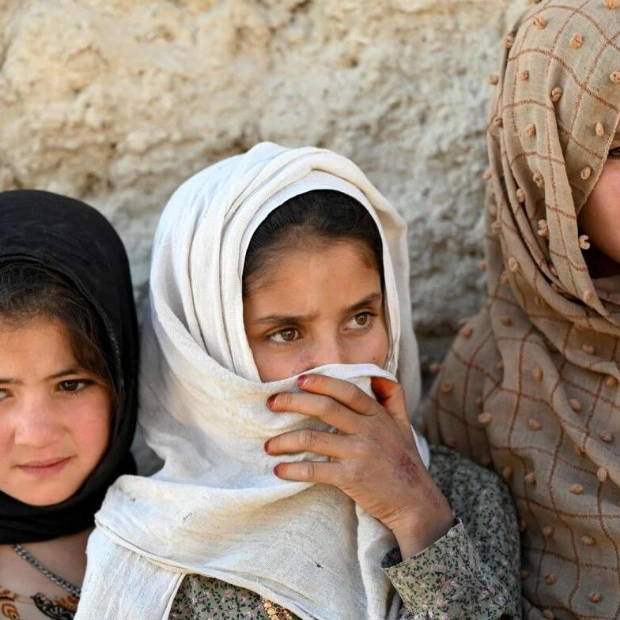Israel launched an attack on Hezbollah's base in southern Beirut on Tuesday, responding to rocket attacks from Lebanon that resulted in the death of 12 children over the weekend. The Israeli military claimed to have killed Fuad Shukr, the senior Hezbollah commander behind the assault on the Golan Heights. However, a source affiliated with Hezbollah stated that Shukr survived the Israeli strike. Shukr, who succeeded top Hezbollah commander Imad Mughniyeh, is in charge of military operations in southern Lebanon and has a $5 million bounty on his head from the US Treasury.
The Hezbollah source reported two fatalities from Tuesday's strike, while Lebanon's National News Agency mentioned several injuries. The Lebanese Health Ministry updated the casualty count to three deaths, including two children, and 74 injuries. An AFP photographer observed a partially collapsed eight-story building at the strike site, with rescue efforts underway amidst crowds and debris.
Minutes after the explosions, Israeli Defense Minister Yoav Gallant declared on social media that Hezbollah had crossed a red line. Lebanese Prime Minister Najib Mikati condemned the attack as a blatant Israeli aggression. Iran, a supporter of Hezbollah, criticized the strike, and Russia's foreign ministry deemed it a gross violation of international law. US Vice President Kamala Harris supported Israel's right to defend itself against Hezbollah, which she described as a terrorist organization.
The UN's special coordinator for Lebanon expressed deep concern over the strike, emphasizing that there is no military solution to the ongoing conflict. Israeli Prime Minister Benjamin Netanyahu had previously warned of a severe response to the attack, which both Israel and the US attribute to Hezbollah, despite the group's denials. Israeli military spokesman Rear Admiral Daniel Hagari stated that while Israel prefers to avoid a wider war, it is prepared for any scenario.
Following the strike on Majdal Shams, the international community worked to prevent escalation. Analysts predict that Israel will exercise restraint, given its ongoing conflict in the Gaza Strip. Cross-border exchanges have resulted in at least 531 deaths on the Lebanese side and 47 on the Israeli side. In response to the attack, several international airlines suspended flights to Beirut, although the chairman of Lebanon's Middle East Airlines assured that Beirut airport was not under threat.
Lebanese residents live in constant anxiety, fearing potential war. Hezbollah's attacks on northern Israel are seen as support for Hamas and Gaza, under siege by Israel since October 7. Israel's military retaliation to Hamas's attack has led to at least 39,400 deaths, according to the Gaza health ministry. The conflict in the Gaza Strip continues, with the civil defense agency reporting around 300 deaths in Khan Yunis since July 22.






